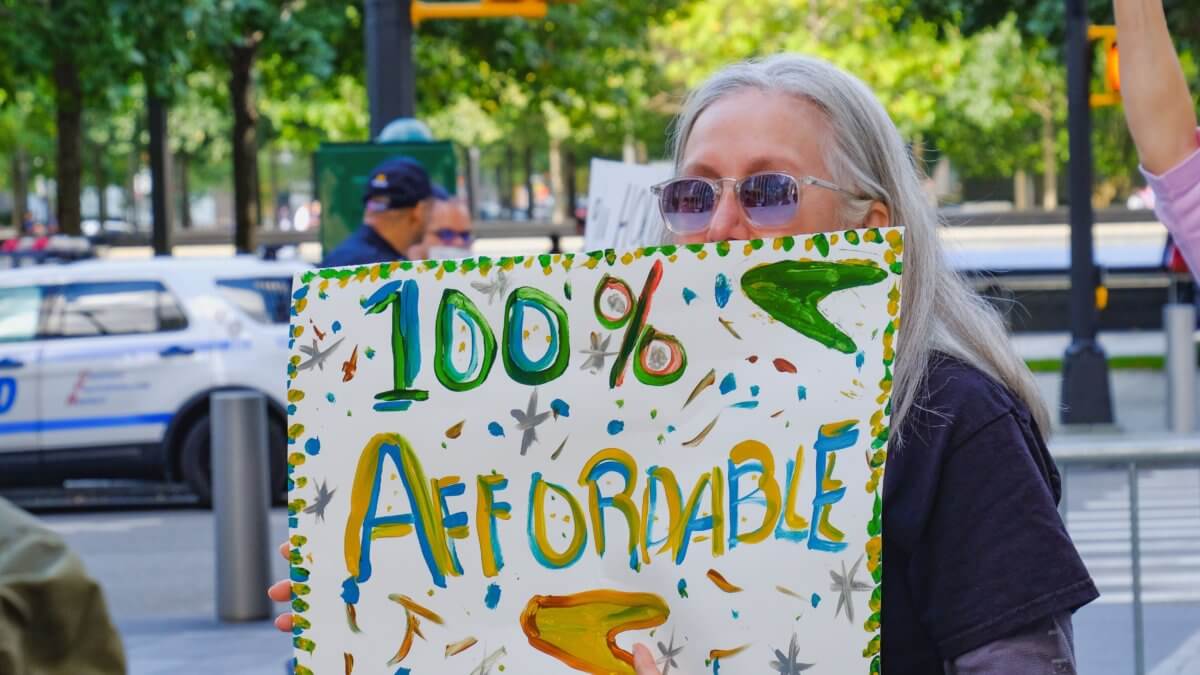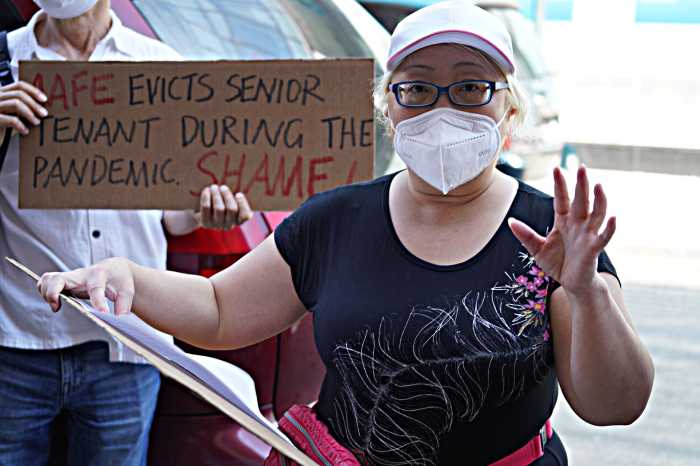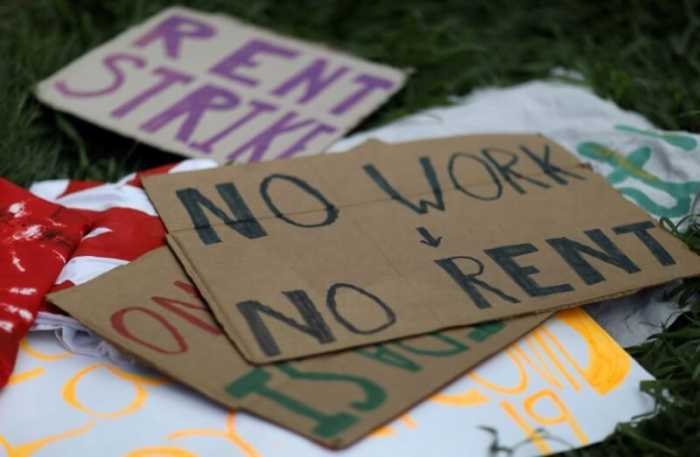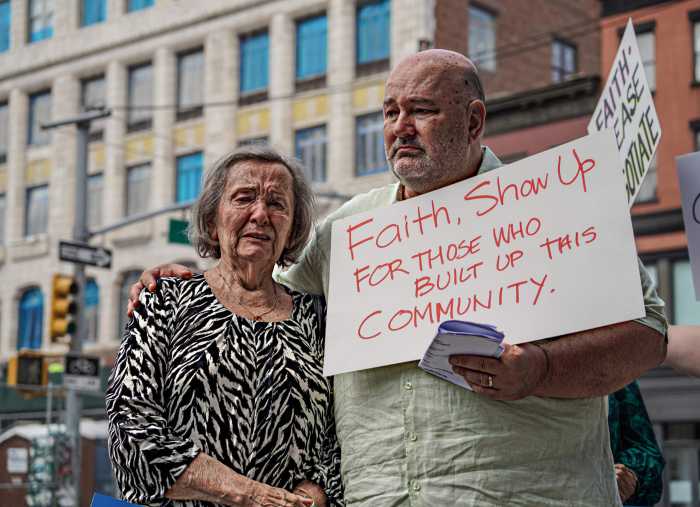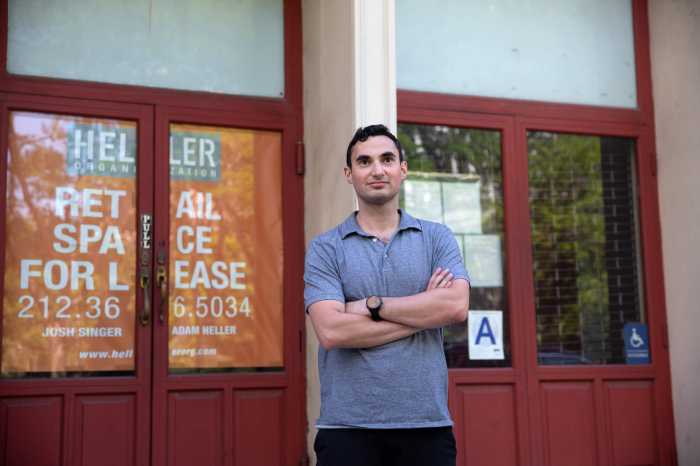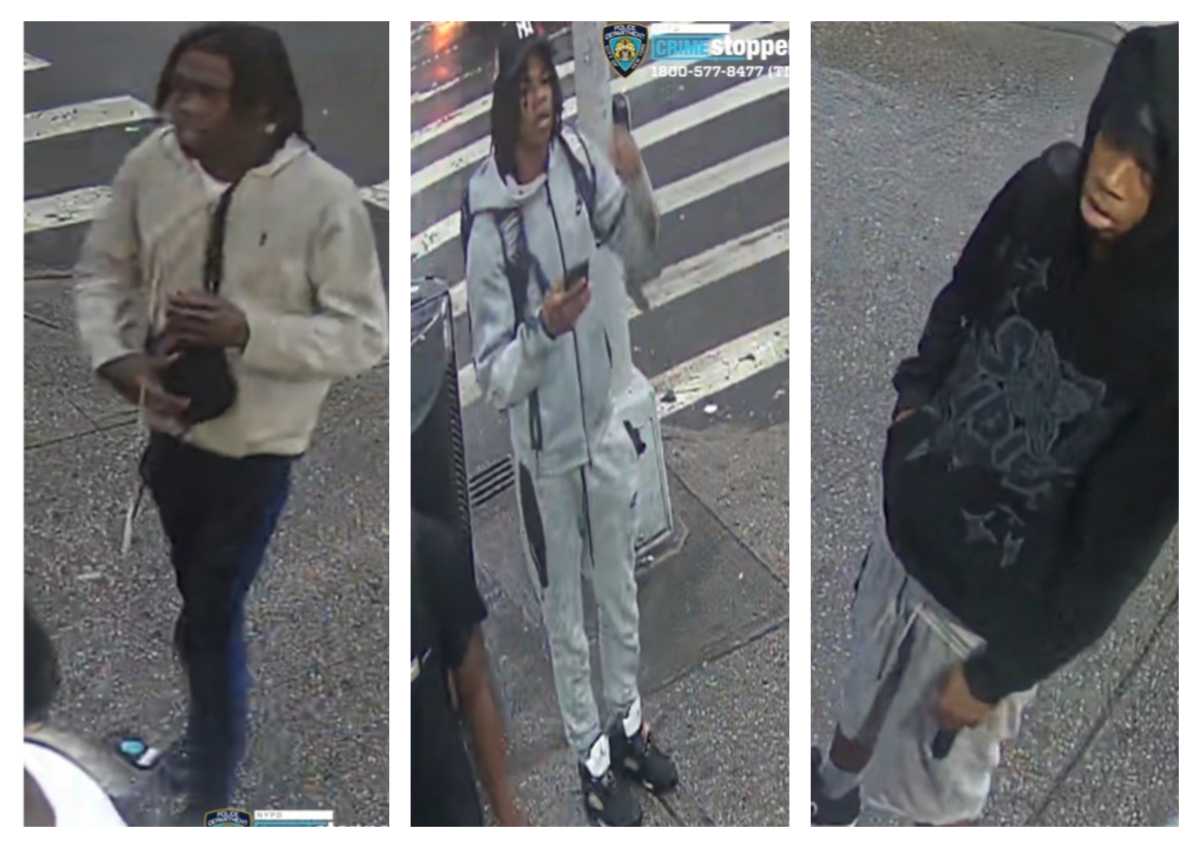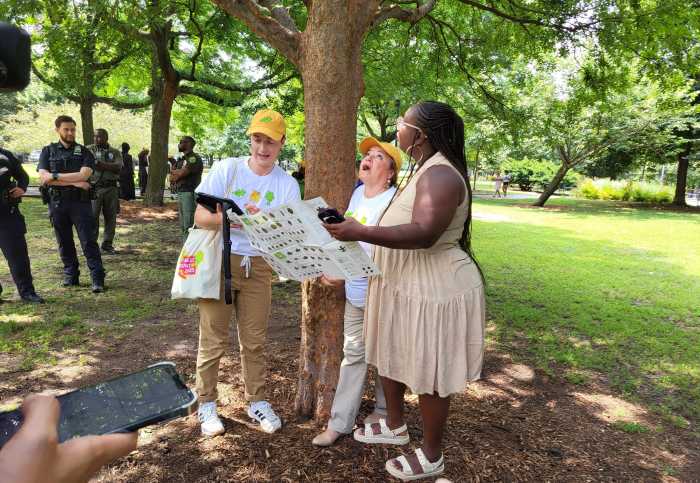In the first of two scheduled votes, the Rent Guidelines Board (RGB) preliminarily passed on Thursday evening a proposed rent hike for stabilized apartments, lofts and hotels by a narrow 5-4 margin.
The May 5 preliminary vote calls for an increase of 2-4% on one-year leases in lofts and apartments with an increase of 4-6% for two-year leases with a special guideline 27% above the maximum base rent.
Several advocates on the call were displeased with the result of the vote, with tenants rights representatives saying the increase would jeopardize the most vulnerable populations and subject them to potential eviction.
“I want to make sure that the sentiment in this room is heard on the board,” said tenant advocate and RGB member, Sheila Garcia. “People are suggesting that maybe when they get evicted they can come and live with some of the board members who are proposing these increases, because those 2% – at the minimum – would be devastating to most of the folks in this room.”
Property owner board advocates, however, argued that the increase was not enough, and that the burden for them to provide safe, quality housing to tenants was becoming exorbitantly expensive. They say it’s unrealistic for them to cover the costs without a more substantial increase in rent.
“Yesterday the federal reserve dramatically raised interest rates and signaled that they would continue to do so further to combat inflation,” said property owner and board member Christina Smyth. “[This] means that building owners will end up paying more money for their mortgages when they refinance, leaving them with less money to safely maintain their properties and the homes of their tenants. Furthermore there is legislation in the City Council to dramatically increase the minimum temperature of buildings which, if passed, will significantly increase the cost of heating stabilized properties.”
Outside of the board, other advocacy groups disagreed with the preliminary vote, saying that even the minimum increase could cripple vulnerable tenants who are already struggling to make ends meet due to the COVID-19 pandemic and related inflation.
“We condemn the Board for voting to increase rents on some of our most vulnerable neighbors, people from low-income communities of color, especially when New Yorkers are still reeling financially from the pandemic and the local unemployment rate remains one of the highest in the country,” said Adriene Holder, Attorney-In-Charge of the Civil Practice at The Legal Aid Society. “Tonight’s vote ignores that blatant reality. However, the Board can still vote for a freeze come June, and we encourage members to listen to the cries from tenants, our clients mired in the Hobson’s choice between groceries, medical needs and other essentials, and paying rent.”
City Comptroller Brad Lander also slammed the vote results.
“The NYC Rent Guidelines Board is tasked with striking a balance between a realistic assessment of cost increases facing building owners and tenants’ ability to afford rent. But the Board is still considering increases that go well beyond what increased costs merit,” Lander said in a statement issued after Thursday’s vote. “According to their own methodology for assessing cost increases facing building owners, rent increases would not need to be higher than a 2.7% increase for one-year leases and 4.3% for two-year deals. Every penny above that is capitulating to landlords’ demands to extract more from tenants who are under increasing financial strain from inflation and unemployment rates that remain double the national average.”
Mayor Eric Adams commented on the vote as well.
“I believed that the numbers initially reported were much too high, so I called for a better balance — and it is good the board moved lower,” said Adams. “But if rents and the other costs of living are going to go up with inflation and other economic issues, then so too must government support, which is why I have been fighting for a more generous housing voucher program, a more robust earned income tax credit, and significant investments in child care.”
The next meeting of the RGB to discuss the 2022 Housing Supply Report, and cast a second and final vote on the rent increase proposal, will be on May 26, 2022 at 9:45 am EST.
Last updated 5/6/2022 10:45 am



